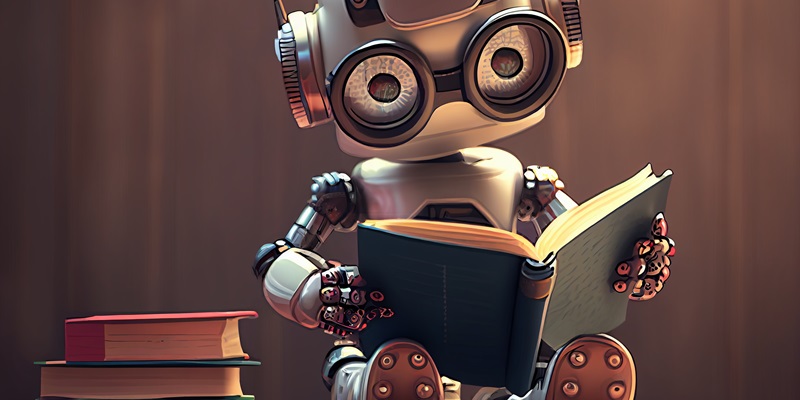Education has long faced the difficulty of customizing instruction for each learner. Enter ChatGPT-4, a game-changer with potent algorithms and extensive data repositories, specifically designed to foster personalized learning experiences. Straying from the traditional broad-brush approach, this Adaptive AI Learning tool is skilled in creating unique educational paths for individuals.
As it gauges and adapts to each student’s learning style and pace, ChatGPT-4 fine-tunes its instructional methods and content complexity. This results in a tailored educational experience that evolves in real-time, making it a distinctive and flexible learning facilitator. Through this innovative technology, teaching is no longer a monolithic process but a dynamic, learner-specific journey.
Enhancing Teacher Capacity
ChatGPT-4’s integration into the educational framework has been a boon for teachers. By assuming responsibility for administrative tasks such as grading and lesson planning, this AI marvel frees up educators to devote more time to direct teaching and student interaction. Such interactions are precious—they nurture critical thinking, creativity, and problem-solving. ChatGPT-4, thus, does not displace teachers; instead, it complements their roles by undertaking routine tasks, enabling them to focus on the nuanced, the complex, and the inherently human facets of education.
Personalizing Language Learning
ChatGPT-4 has revolutionized language learning by facilitating interactive and nonjudgmental practice for students. This AI model is an excellent resource for honing conversational skills, improving pronunciation, and overall language proficiency. Its ability to provide immediate feedback encourages a more dynamic learning process, which is crucial for building learner confidence. Moreover, it customizes the educational experience to the individual’s skill level and pace, ensuring that language education is more inclusive. This personalized approach is particularly beneficial for fostering multilingualism, as it meets the unique needs of each language learner. With ChatGPT-4, students have a powerful tool at their disposal to aid in the effective mastery of new languages, enhancing their educational journey.
Addressing Limitations and Looking Forward
ChatGPT-4, while advanced, is not without its faults. Missteps occasionally occur, typical of cutting-edge innovations. These moments are not setbacks but steps forward, for they guide enhancements in future versions. AI learning tools like ChatGPT-4 combine the analytical prowess of machines with the nuanced guidance of educators. Despite the potential for tremendous efficiency gains in education via such technologies, the role of the human teacher remains vital and irreplaceable. As this AI-augmented educational landscape unfolds, it requires a measured but hopeful approach. By recognizing and valuing the distinct contributions of AI and human educators, we can move toward a harmonious integration where technology supports, rather than supplants, the deeply personal process of learning.

